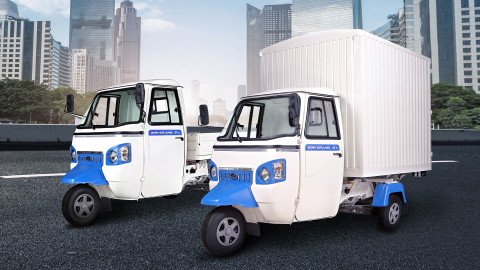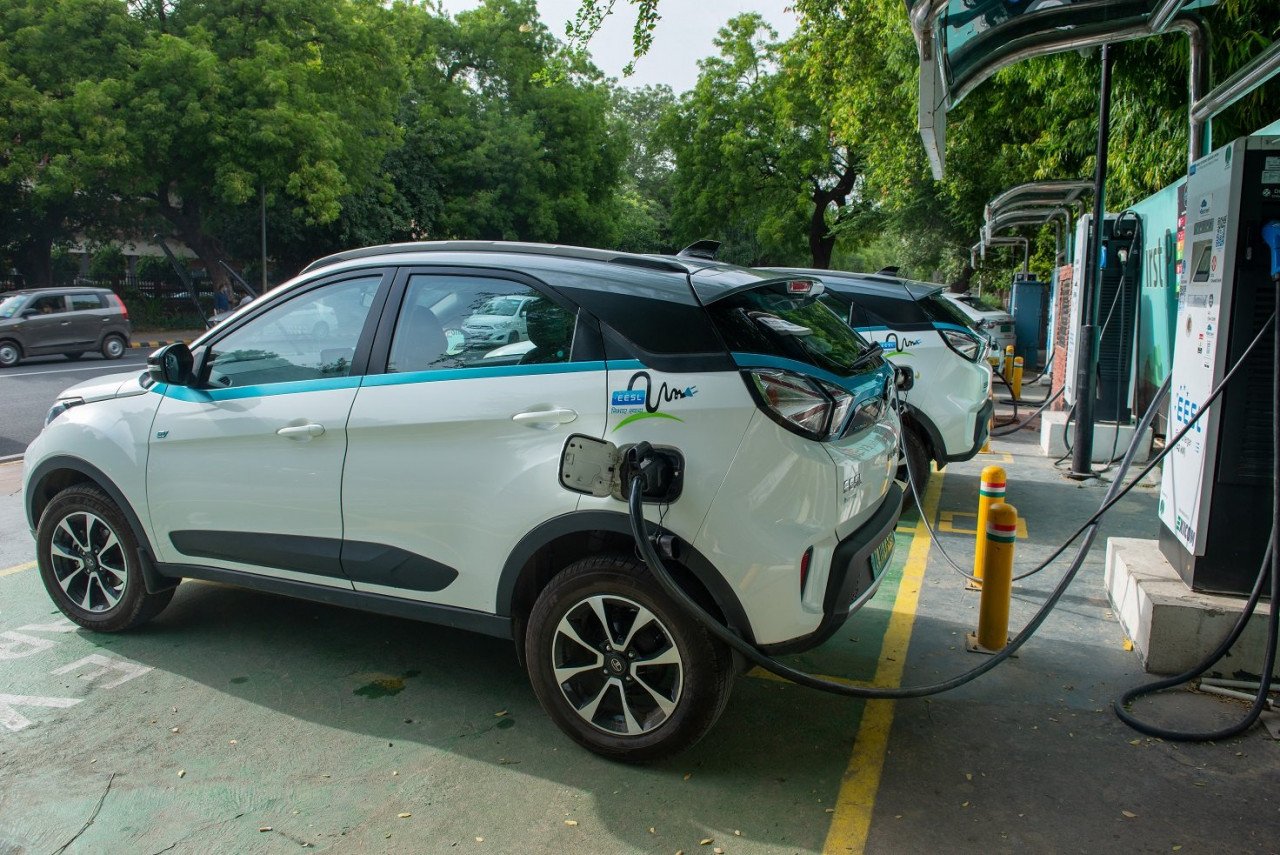The Union Ministry of Heavy Industries has recently announced the sanction of ₹ 800 crores under FAME India Scheme Phase II to the PSU Oil Marketing Companies (OMC) - Indian Oil (IOCL), Bharat Petroleum (BPCL), and Hindustan Petroleum (HPCL) - for setting up 7432 public EV fast-charging stations across the country.
The ministry has immediately released ₹ 560 crores - 70 percent of allocated sum amount of ₹ 800 crores - to OMCs as the 1st installment, meant for installation and commissioning of upstream infrastructure and charging equipment of EV public charging stations at their respective retail outlets in the country.
Dr. Mahendra Nath Pandey, the Union Minister for Heavy Industries, commented that this move will give a boost to the EV ecosystem in India, and encourage more people to switch to cleaner modes of transportation. He added that the union government is committed to promoting sustainable green mobility solutions and reducing the country's carbon emissions, working towards Prime Minister Narendra Modi's Net Zero mission.
RELATED: Indian EV Charger market to grow at 46.5 percent CAGR in 2022-2030: IESA
"This move will create a robust charging infrastructure network in India that is more accessible to the public. It aligns with the government's goal of reducing carbon emissions and promoting sustainable transportation options, while also supporting the growth of the Indian automotive industry", he said, according to the ministry's official statement.
The OMC wise proposed installation of charging stations including upstream infrastructure is as below:
OMC | Chargers of 50/60 KW capacity | Chargers of 100/120 KW capacity | Total |
IOCL | 2,707 | 731 | 3,438 |
BPCL | 1,739 | 595 | 2,334 |
HPCL | 1,216 | 444 | 1,660 |
Total | 5,662 | 1,770 | 7,432 |
The government claims that the new fast-charging stations will be set up in all the metros, million plus cities, smart cities, cities of hilly states, and along highways and expressways across the country. The objective is to provide EV owners a seamless and convenient charging experience that would greatly reduce the anxieties of EV owners regarding range and charging time during their intra-city and inter-city travels.
RELATED: India should aim for 100pc E2W, E3W sales in the next 5 years: Amitabh Kant
Most importantly, these EV charging stations will be of the CCS-II type with a capacity of 50 KW, offering efficient and fast charging for EV users, especially for those looking for on-the-go top-up charging.
To improve development viability, a committee headed by DG BEE is said to have made some key recommendations, including the support for upstream infrastructure (such as distribution transformer, LT & HT cables, AC distribution boxes, circuit breakers/isolators, protection equipment, tubular or PCC mounting structures, fencing and civil work) which generally cost up to 60 percnet of overall cost for setting up charging station.
The upstream infrastructure comprises of the money that is to be paid by ChargePoint Operators to the DISCOMs to obtain electricity connection. Based on the recommendation of committee, MHI approved financial assistance for setting up upstream infrastructure of up to 80 percent upstream infrastructure. In addition, the earlier subsidy of 70 percent on EV Supply Equipment will continue as before, according to the ministry.

Mahindra's new Last Mile Mobility firm 'NewCo' bags ₹ 600 crores from IFC
Read More

